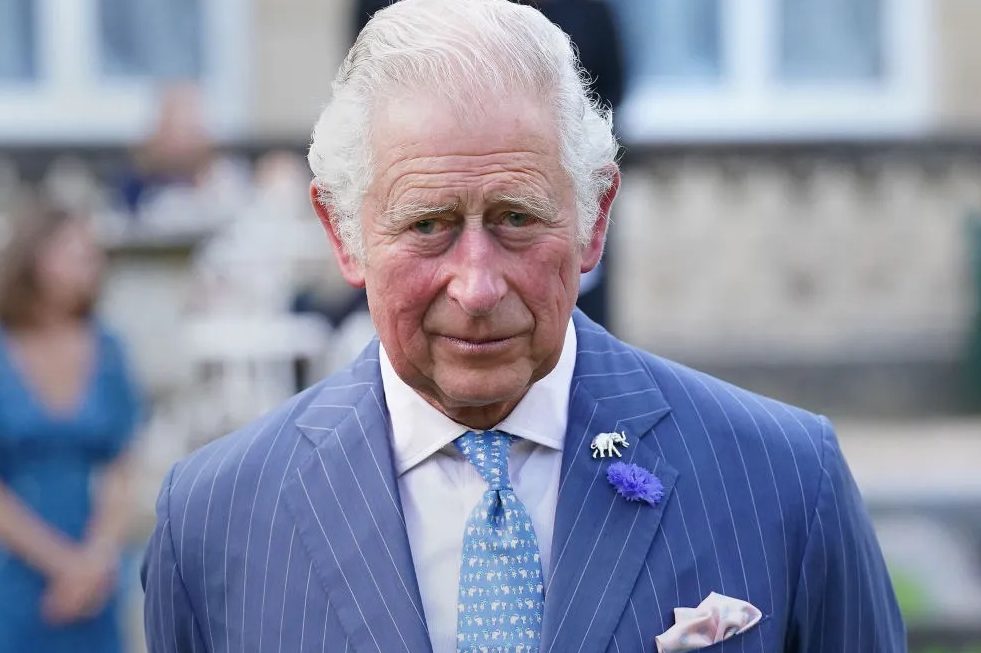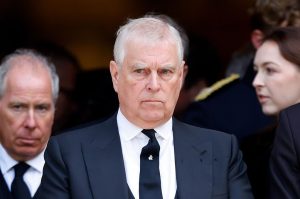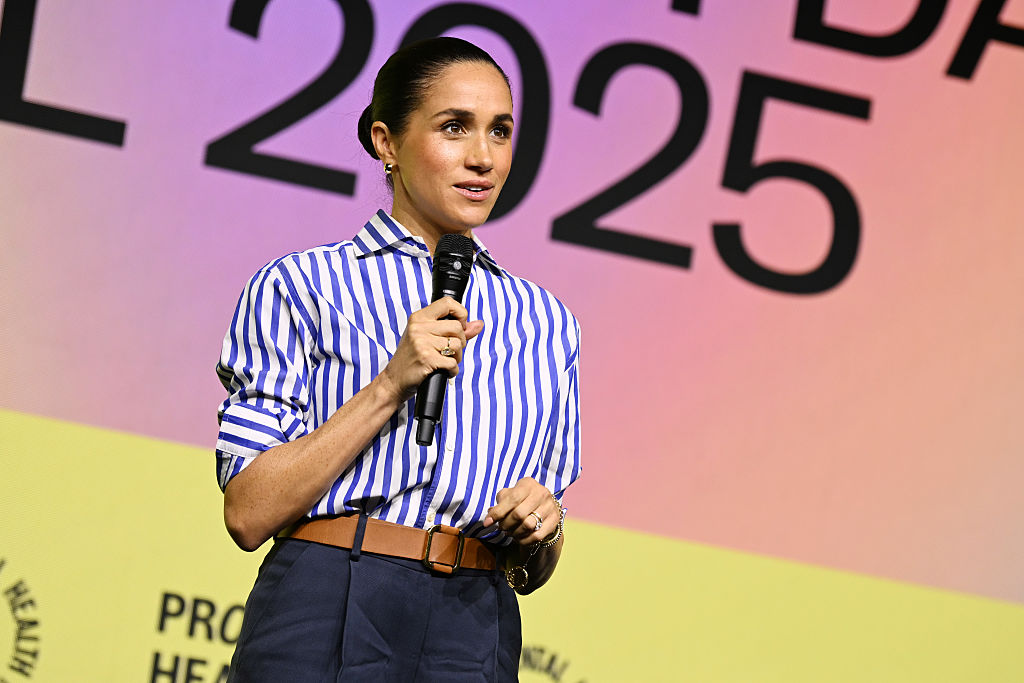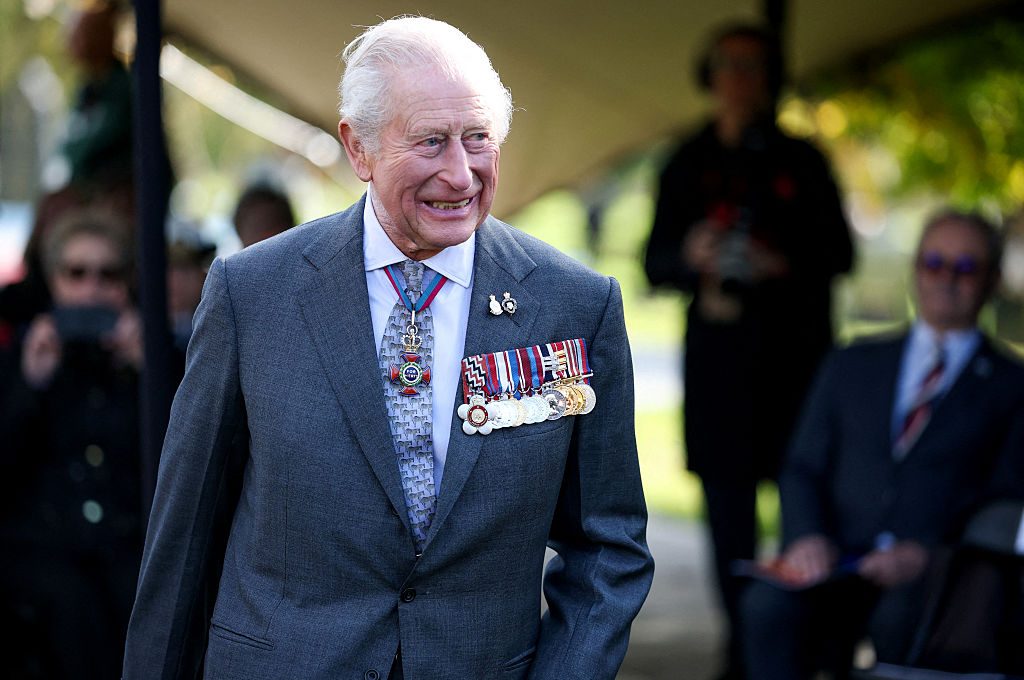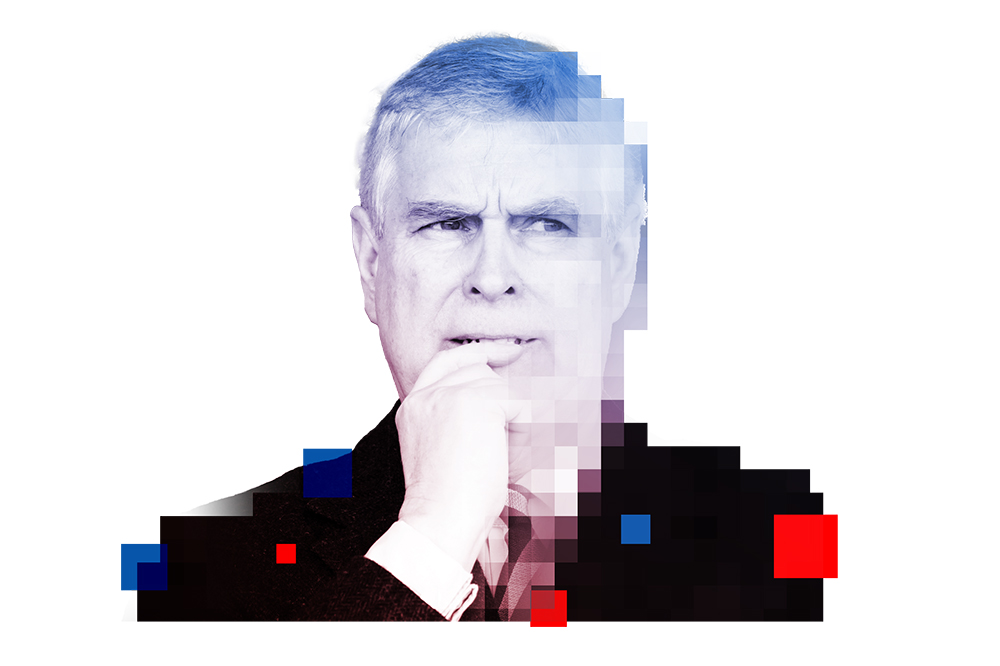Since King Charles became monarch in September 2022, after the death of Elizabeth II, he has received reasonably warm treatment from the press. It is easy to forget that, for much of the 1990s and 2000s, he was seen as an unpopular figure, lambasted by the Diana-supporting tabloids for being an adulterer (never mind his former wife’s behavior; he, apparently should have known better) and criticized in the broadsheets for excessive intervention in the work of the government. The notorious “black spider” memos revealed the-then Prince of Wales as an interventionist figure, keen (perhaps overly so) to have his opinions and thoughts taken very seriously at the highest level, despite his being an unelected king-in-waiting.
Marriage to the popular Camilla has softened him and his public reputation, and the media have largely turned their sights on other, more obviously egregious members of the royal family, namely his eldest brother and younger son. But the new revelations in the Sunday Times and Channel 4’s Dispatches that the Duchy of Lancaster, along with Prince William’s Duchy of Cornwall, makes a fortune from a property empire that extends to thousands of leases spread out over the country, has been carefully presented but is far from the kind of publicity that Charles may have wanted to receive.
2024 has been an annus horribilis for the royals, what with the dual diagnoses of cancer for both the king and the Princess of Wales, the continuing existential difficulties that Prince Harry and Prince Andrew present, and a growing sense that, despite the bromance between Charles and Keir Starmer, the Labour government is not one instinctively sympathetic towards the monarchy. But this news story, which has been carefully but damningly presented not as a full-frontal attack but as a skeptical observation as to the sheer amount of money that the Duchies earn, is the first wholly negative press that the king (and indeed his eldest son) have received for a considerable while. It will undoubtedly sting.
Committed republicans in the country have, of course, seized upon the news with almost indecent glee. No doubt there will be a poorly attended public protest before too long. But those defenders of the institution who are quick to suggest that this is a non-story, and that private landlords earning money from rent is nothing wholly surprising, are equally tone deaf. It is possible to be sympathetic towards the monarchy, and indeed to Charles and William themselves, and still feel that there is something amissabout two hugely wealthy individuals making millions from penny-counting institutions such as the NHS, the prison service and the country’s schools.
A terse statement from the Duchy of Lancaster announced “His Majesty the King voluntarily pays tax on all income received from the Duchy.” He undoubtedly does; if he did not, there would be an outcry that would be deeply embarrassing and hard to explain away. But the optics of the current news story are unflattering. Charles has worked hard — or rather, those around him have — to present himself as in touch, accessible and a universal figure. The potential for controversy on his recent state visit to Australia was elegantly defused, so those courtiers and factotums who will be combing through the papers and news coverage today will be irritated that this bad publicity may run the risk of overwhelming the good press that the king has received over the past couple of years. But they should remember that there will always be a tension between the monarchy and its traditional values, and the constantly changing country that the king rules over.
There will be other unflattering stories to come, no doubt, but the real message from this one seems clear. King Charles’s honeymoon with the media is over, and he cannot expect indulgent treatment any longer. Instead, he will have to prove his worth and value as a modern, compassionate monarch all over again. It will not be an easy task.
This article was originally published on The Spectator’s UK website.



